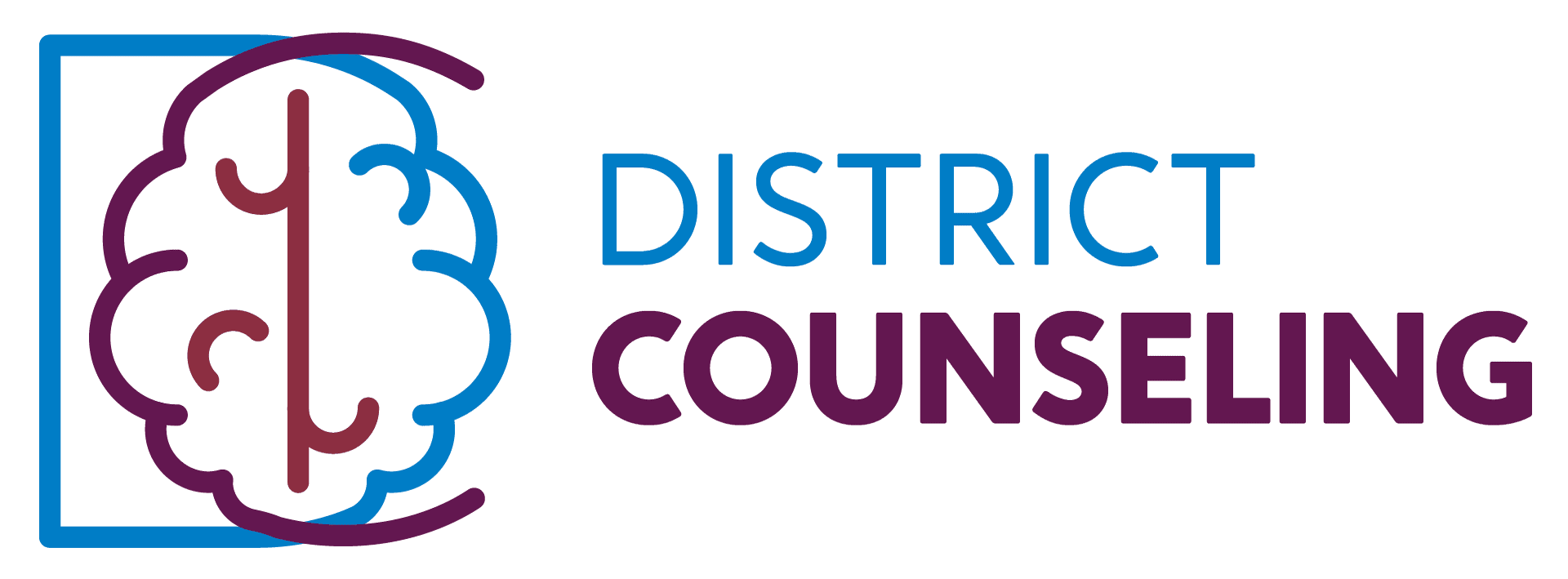Today is November 11th, a day for solemn reflection and gratitude. Across Texas and the nation, we honor the brave individuals who have served in our armed forces. We see parades, hear speeches, and offer thanks. But what happens on November 12th, when the uniform is replaced by a business suit, and the battlefield is exchanged for a cubicle? For many veterans, the transition to civilian work is another kind of battle, one fought silently in the hallways and breakrooms of corporate America.
This is a story about Mark, a composite character whose experiences reflect those of many veterans we see. It’s a story about the invisible weight of service and the quiet courage it takes to navigate a world that doesn’t always understand.
The Echoes of Service in a Team Meeting
Mark was a decorated Air Force logistics officer, a master of complex operations under extreme pressure. On paper, he was the perfect hire for a fast-paced Houston tech firm. He was disciplined, strategic, and a natural leader. Yet, six months into his new role, Mark felt more isolated than he ever did on a remote base.
During a boisterous brainstorming session, a colleague jokingly threw a balled-up piece of paper at another to get their attention. The sudden movement and the collective laughter that followed sent a jolt through Mark. His heart hammered against his ribs, his breath hitched, and the vibrant colors of the whiteboard seemed to fade to gray. He was no longer in a conference room in Houston; he was back in a high-alert zone, the echo of a past trauma triggered by the most innocuous of actions.
His teammates saw him go quiet, his posture rigid. They mistook his silence for disapproval or aloofness. They didn’t see the hypervigilance, the calculated calm he was forcing upon himself. For veterans, the workplace can be a minefield of triggers—unexpected loud noises, confrontational debates, or even the feeling of having your back to an open door. These aren’t signs of weakness; they are the ingrained responses of a nervous system trained for survival.
Translating the Mission: From Command to Collaboration
Another hurdle for Mark was communication. In the military, communication is direct, concise, and hierarchical. A directive is given, and it is followed. The corporate world, with its nuances of collaborative suggestion, indirect feedback, and office politics, felt like a foreign language.
He would give clear, actionable instructions on a project, expecting them to be carried out. Instead, he was met with questions, suggestions for detours, and discussions about feelings and consensus. His efficiency was perceived as being bossy or not a “team player.” He struggled to understand why a simple objective required so much debate.
This disconnect is a common source of workplace stress for veterans. The very skills that ensured their success and survival in the military—decisiveness, directness, a focus on the mission above all else—can be misinterpreted in a civilian office. It can lead to feelings of frustration, alienation, and a damaging sense of professional inadequacy. Many veterans wonder, “If I could lead a platoon, why can’t I lead a project meeting?” This internal conflict can be incredibly taxing on one’s mental health.
Finding a New Kind of Support System
Mark’s performance began to slip. The anxiety was affecting his sleep, and the feeling of being an outsider was chipping away at his confidence. He considered quitting, convinced he wasn’t cut out for this world. He felt he couldn’t talk to his manager, who wouldn’t understand, or his wife, who he didn’t want to worry.
Fortunately, a colleague, a fellow veteran, recognized the signs. He pulled Mark aside one afternoon and shared his own story of transition. He explained that Mark’s experience wasn’t unique and that seeking help was a sign of strength, not a failure of character. He mentioned that professional support could help him develop strategies to manage his stress responses and bridge the communication gap.
This conversation was a lifeline. Mark realized he didn’t have to carry this burden alone. He started researching resources and found that specialized **counseling in Texas** could provide him with the tools he needed. Working with a professional, he began to understand his triggers, developed grounding techniques for his anxiety, and learned to reframe his military skills for a corporate context. It wasn’t about changing who he was, but about translating his strengths.
For those facing similar challenges, finding the right support is crucial. A skilled **Therapist in Houston** can offer a confidential space to process traumatic experiences and develop coping mechanisms. In some cases, where symptoms are more severe and persistent, exploring options like **Psychiatry in Houston** may be recommended. A qualified **Psychiatrist in Texas** can help manage conditions like PTSD through medication and therapy, providing a comprehensive approach to healing.
Actionable Steps for a Veteran-Friendly Workplace:
Employers and colleagues have a vital role to play. Here is how you can help:
1. **Educate Yourself:** Learn about the unique challenges veterans may face. Understand that a veteran’s directness is a sign of efficiency, not rudeness.
2. **Create Sensory-Friendly Spaces:** Be mindful of creating a calm work environment. Consider that loud, sudden noises can be jarring.
3. **Offer Mentorship:** Pair new veteran hires with other veterans in the company who can help them navigate the cultural transition.
4. **Promote Mental Health Resources:** Ensure that information about Employee Assistance Programs (EAPs) and local mental health services is easily and privately accessible.
Veterans Day reminds us of a visible, heroic service. But the service to our veterans cannot end when they take off the uniform. It must continue in our workplaces, through our understanding, our patience, and our willingness to support their mental health.
***
*If you or a veteran you know is navigating the complexities of transitioning to civilian life, know that you are not alone. True strength lies in seeking the right tools to build the life you deserve. Our practice is committed to providing that support. Contact us today to confidentially discuss how we can help you forge a new path forward.

Arely Ambriz
January 29, 2026
Did You Get the Message? How Unseen Breakdowns in Communication Can Erode Your Relationship
Understand the “pursue-withdraw” dynamic and how it creates a negative interaction cycle in relationships. Learn how to recognize and interrupt this predictable pattern....

Arely Ambriz
January 27, 2026
Navigating the Robot in the Next Cubicle: Your Questions on AI and Workplace Anxiety Answered
Worried about AI taking over? Explore how to navigate AI in the workplace and find practical answers to your questions on workplace anxiety in the age of automation....

Arely Ambriz
January 26, 2026
From the Ashes: How Life’s Unexpected Eruptions Can Forge New Beginnings
Feeling overwhelmed after a major life change? Learn how to rebuild with small, courageous steps. Discover strategies for setting achievable goals, processing grief, and finding direction. See how a therapist...

Development Funnel Boost Media
January 23, 2026
High-Functioning Anxiety: A Common Experience Among Austin Professionals
Many people experiencing anxiety don’t look anxious at all. They show up to work. They meet expectations. They’re dependable, capable, and often successful. On the outside, everything seems fine —...

Arely Ambriz
January 23, 2026
Your Weekend Recharge: A Q&A on Reclaiming Your Time and Well-being
Struggling to disconnect? Discover how to reclaim your weekend with tips on setting workplace boundaries and shifting your focus to body positivity. Find out when it’s time to seek professional...

Arely Ambriz
January 22, 2026
Beyond Borders: What Global Negotiations Can Teach Us About Our Closest Relationships
Learn how to strengthen your relationship with strategies inspired by diplomacy. From clear communication to conflict management, these actionable tips help build trust and connection....

Arely Ambriz
January 21, 2026
That Day Was Six Years Ago. Is Your Nervous System Still Paying the Price?
Reflecting on the first confirmed COVID-19 case in the US six years ago, this article explores the lasting impact of “survival mode” on our nervous systems. Learn to recognize signs...

Arely Ambriz
January 20, 2026
Is Your Job Affecting Your Mental Health? A Q&A for the Modern Texas Workplace
Manage career stress and job insecurity with practical tips on building a career toolkit, setting boundaries, and reclaiming personal time for a healthier work-life balance....

Arely Ambriz
January 19, 2026
More Than a Day Off: How Martin Luther King Jr.’s Dream Can Fuel Your New Beginning
Find motivation and support for your mental health journey. Take small steps, build your community, and connect with therapists or psychiatrists in Houston and Texas to reclaim your well-being....

Arely Ambriz
January 16, 2026
Can I Ever Truly Unplug? A Q&A on Protecting Your Weekend Peace
Struggling to disconnect? Learn how to manage job anxiety and reclaim your weekend with practical tips on setting boundaries and active recovery for a healthier work-life balance....

